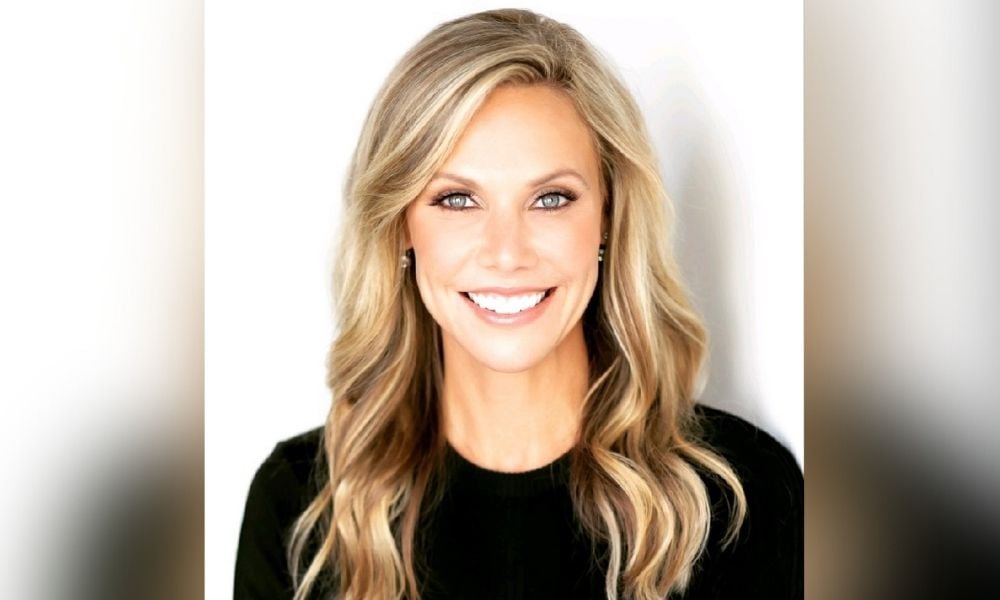New research offers vital insights

Older homeowners facing retirement would benefit from leveraging home equity through products such as reverse mortgages to supplement their savings, new research shows.
According to the report by the Urban Institute, homeowners aged 65 and older with limited incomes but substantial home equity would benefit from having better access to financial products such as reverse mortgages and equity extraction loans that are less dependent on incomes and debt.
The 37-page report, entitled Mortgage Denial Rates and Household Finances, found that between 2018 and 2020 home equity lines of credit and cash-out refinances had the highest denial rates, driven mainly by borrowers’ debt-to-income ratio and insufficient credit history.
Yet, although reverse mortgages or Home Equity Conversion Mortgages (HECMs) had lower denial rates compared to other equity loan solutions – meaning there was more likelihood of getting approved - demand remained low.
The report, funded by Finance of America Reverse (FAR), revealed that older American homeowners had accumulated trillions of dollars in home equity wealth “that remains mostly untapped”.
It said rapid home price appreciation over recent years, particularly during the COVID pandemic, had seen this wealth continue to increase and had now exceeded $9 trillion.
Yet, despite the shortfall in retirement savings and booming home equity wealth, home equity extraction rates remained low.
It cited many barriers to equity extraction, concluding that this demographic found it harder than younger homeowners to get approved for cash-out refinances and home equity lines of credit.
Part of the reason was due to low interest rates over the last two years, which had benefited cash-out refinance to the detriment of home equity credit lines.
The report’s main finding was that the share of homeowners aged 65 and older carrying debt had increased substantially over the past 20 years.
It said: “As incomes and savings fail to keep up with rising debt levels, it is not surprising that older homeowners are experiencing high debt-to-income (DTI) ratios and finding it increasingly difficult to qualify for forward mortgages.
“Low mortgage interest rates in recent years have been a temporary mitigating factor by lowering monthly payments and DTI ratios. This has pushed denial rates down for now, but they will likely increase as interest rates rise.
“This strongly suggests that older households, given low incomes but substantial home equity wealth, would benefit from having access to equity extraction products whose underwriting is less dependent on incomes and debt and more dependent on the value of assets and household net worth.”
Among the reasons for the low use of HEMC, the report cited product complexity and lack of financial literacy.
Read more: Finance of America Reverse taps new mortgage consultant
Although the study was funded and reviewed by FAR prior to publication, the Urban Institute stressed that it had been under no obligation to incorporate any feedback.
Following the Urban Institute’s research, FAR experts released a whitepaper outlining additional findings to support the use of home equity to make up the shortfall in retirement funding gaps.
In response to the report, the president of FAR, Kristen Sieffert (pictured), said there was an urgent need “to educate and empower customers to have better financial outcomes later in life” to ensure customers fully understood the benefits of products such as reverse mortgages.
She added: “We’ve been living in an ultra-low interest rate environment for some time, which has largely masked some of the broader, more systemic underlying financial challenges facing many Americans, especially our seniors, in terms of saving for and funding retirement.
“As interest rates and debt burdens rise, access to traditional products that help finance retirement will become more difficult, more expensive and, for a growing percentage of the demographic, impossible to access. The Urban Institute’s research illustrates that more Americans could benefit from tapping into their home equity and exploring solutions that help them reduce their monthly expenses.”
Bill Dallas, the president of FAR, added his voice to the debate, stressing that home price appreciation would cause increased pressure on older Americans to qualify for standard 30-year home loans.
He said FAR could offer customers “suitable alternatives” which were “a safe, no payment option” that could enable more homeowners to qualify.



